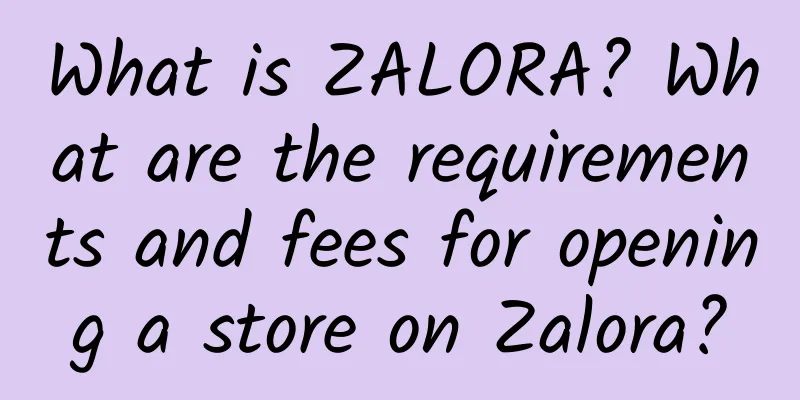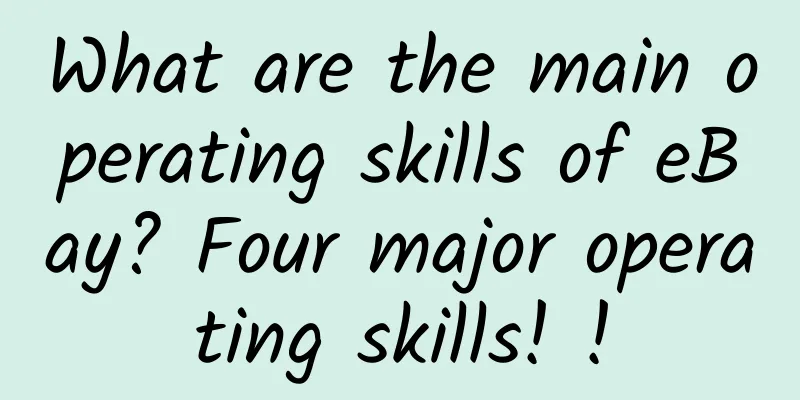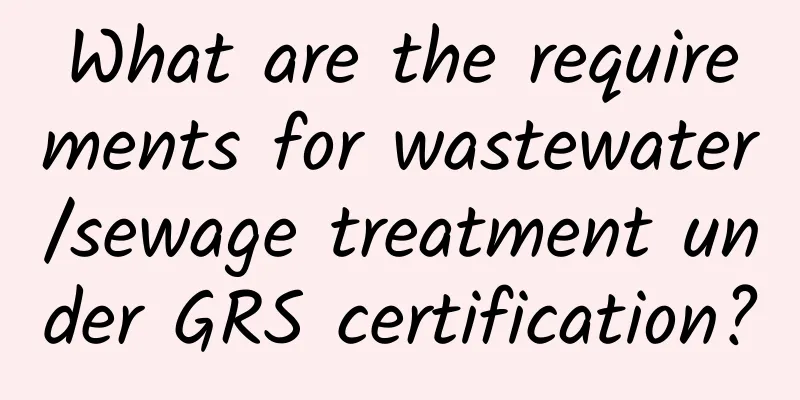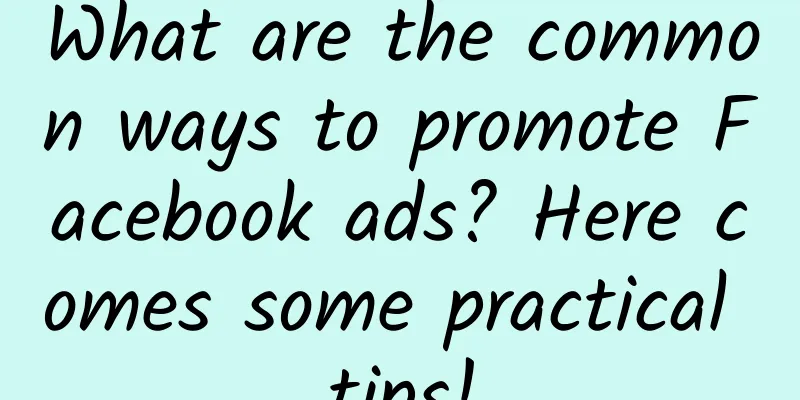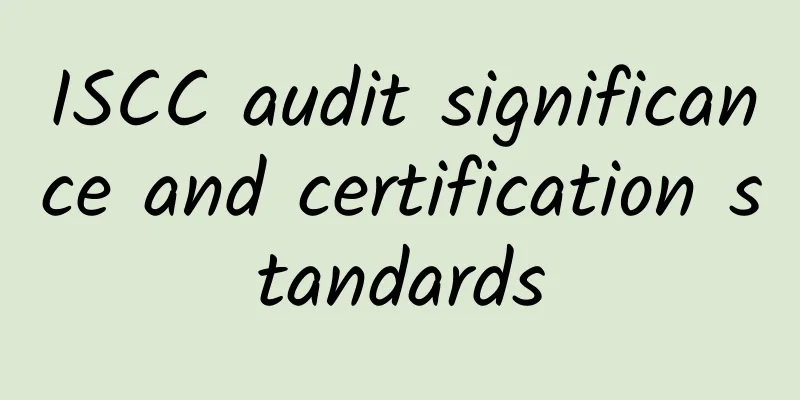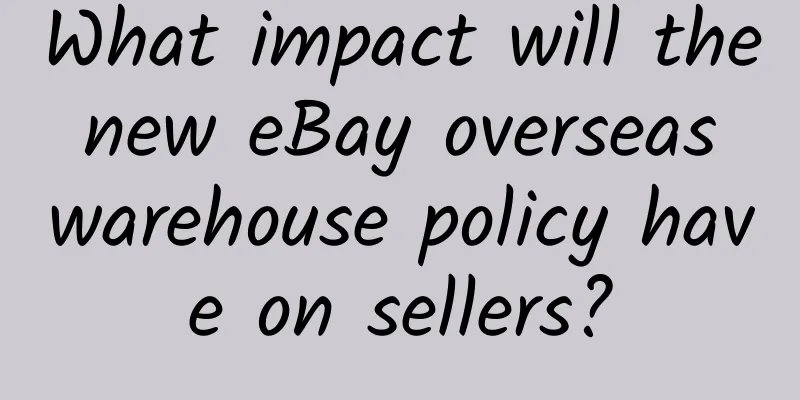Indiegogo tests optional insurance for crowdfunded products
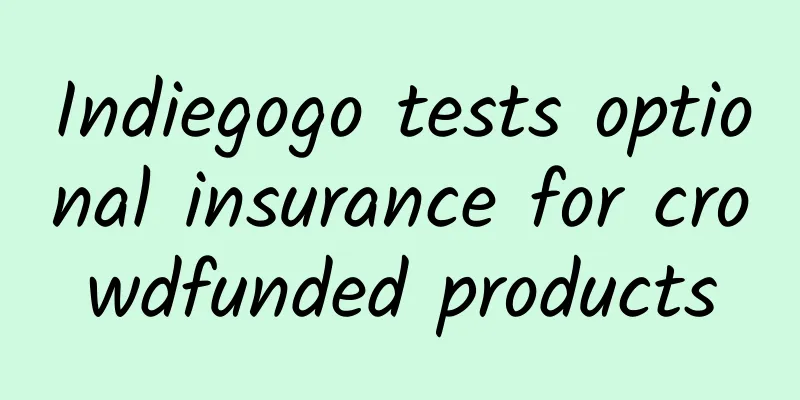
|
It's been a tough year for crowdfunding site Indiegogo, which has seen many of its business plans offering dubious projects (though some of the apps are cool). The site appears to be responding by adding new features to ease investor concerns. The company is experimenting with "optional insurance," which guarantees investors a refund of their investment by paying an insurance premium if they do not get the final product within three months of the scheduled release date of the project product. The service is currently being tested on a stress management wearable device, Olive. The project's product fundraising price is $129, and investors can pay an additional $15 to purchase insurance to mitigate the risk. The company confirmed the trial to TechCrunch but declined to reveal more about its plans. "Indiegogo regularly develops and tests new features to meet the needs of investors and business planners. This pilot is currently only for the Olive project," a spokesperson told us. The move to introduce insurance is significant for Indiegogo, which is considered the second best option for conducting crowdfunding campaigns, after Kickstarter. Indiegogo has looser controls and screening for more bizarre and obviously fraudulent projects, which may be one of the reasons why it introduced insurance. Matt Burns from TechCrunch wrote an article earlier this year on the investment risks of crowdfunding projects, highlighting many Indiegogo-led projects. He specifically pointed out that Indiegogo's "flexible crowdfunding" service has divided the responsibility of crowdfunding. "Flexible crowdfunding" allows companies to ignore their fundraising quota after paying a fee and fully raise funds. The introduction of insurance to help investors reduce the risk of funding unrealistic projects is welcome, but there are still many uncertainties in investing in projects through crowdfunding services such as Indiegogo and Kickstarter. Indiegogo received $40 million in Series B funding in January this year, and the company is also testing the waters in other areas. The company launched a "continuous crowdfunding" service in September. Unlike traditional crowdfunding services that set investment windows for a period of one month, this service allows projects to receive investment continuously. |
<<: What is Fiverr? Who can sell services on Fiverr?
>>: Keepa vs. CamelCamelCamel, which one is better for Amazon sellers?
Recommend
What is MercadoLibre like? What sites are there on the MercadoLibre platform? How does MercadoLibre collect payments?
What about MercadoLibre? Founded in 1999, Mercado...
How about Jindai Freight? What are the advantages of Jindai Freight?
How about Jindai freight forwarding? Jindai Techn...
What is Zibbet? What are the features of Zibbet?
What is Zibbet? Zibbet is a marketplace for origi...
What is ZALORA? What are the requirements and fees for opening a store on Zalora?
ZALORA is an online fashion and beauty product sh...
eBay Enterprise Green Channel Application Process
eBay Green Channel can help qualified business se...
Pinkoi--Taiwan original design shopping website
What is Pinkoi? Pinkoi is from Taiwan and is Asia...
What service sites does eBay have? How do I register with eBay?
What service sites does eBay have? eBay was found...
What is Koku? What services does Koku provide?
What is Koku? Koku is a Singapore-based cross-bor...
Timberland_Timberland quality inspection document list
Timberland_Timberland quality inspection document ...
In what situations will an eBay account be restricted? What are the solutions?
Why are eBay accounts often restricted? In most c...
What is Idvert? What are the advantages of Idvert?
What is Idvert? Idvert is a technology company th...
Kogan - Australian retail + service business combination
Kogan.com is a portfolio of retail and services b...
Ann Taylor Supplier Code of Conduct
AnnTaylor Supplier Code of Conduct When customers...
AVE Audit Report Example
Initial Audit: Re-Audit: Lead-Auditor: Additional...
ETI Basic Principles
Basic Principles 1. Freely chosen employment rela...


